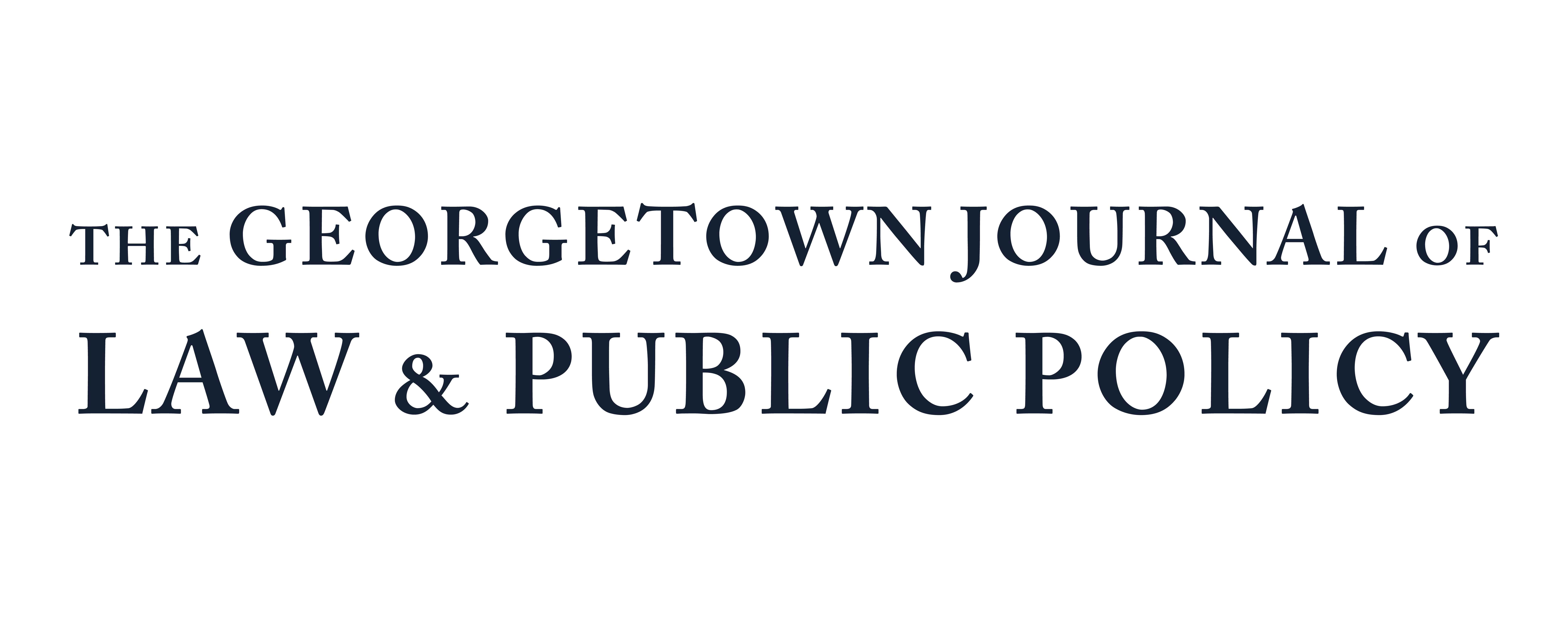Happy Constitution Day!
September 17, 2018 by psb40
By Paul Bettencourt, GJLPP Online Editor, vol. 17
Welcome to the new Georgetown Journal of Law and Public Policy blog. This blog will supplement the Journal’s print publications by providing a platform for rapid reactions to legal developments and frequent discourse on today’s most pressing legal issues. Constitution Day is an apt time to launch the blog because of the Journal’s mission to explore modern legal issues with a special focus on defenses and critiques of natural rights, originalism, and conservative and libertarian perspectives. The Journal also has a close relationship with Georgetown’s Center for the Constitution and will publish two of its symposia this year. Interpretation and construction of the Constitution are topics of frequent debate, on which this blog hopes to be a catalyst driving the development of scholarly thought.
In honor of Constitution Day, this blog includes five articles responding to the prompt: “What is the most pressing action the courts (or other branches of government) should take to remedy a violation of Constitutional principles or deviation from the Constitution’s original meaning?” The responses cover a range of issues from criminal law to administrative law.
Evan Bernick, visiting lecturer at Georgetown Law, writes that the qualified immunity doctrine should be re-calibrated in light of what scholarly inquiry into the history of common-law immunities and practical experience with the doctrine have shown.
Clark Neily, vice president for criminal justice at the Cato Institute, argues that the practical elimination of criminal jury trials through plea bargaining is coercive and has almost completely displaced the constitutionally prescribed mechanism for obtaining convictions—the criminal jury trial.
John Baker, visiting professor at Georgetown Law and Professor Emeritus at Louisiana State University Law Center, argues that a census question asking respondents whether they are citizens of the United States is necessary to collect the data for a redistricting of House seats that excludes aliens from the calculation.
Two scholars from the R Street Institute, Anthony Marcum, Governance Project research associate, and Shoshana Weissmann, policy analyst and the digital media specialist, call for lower court judges to use legal opinions to express displeasure with current precedent or legal trends that violate constitutional principles and legal doctrines that deviate from the Constitution’s original meaning.
Finally, Michael Sebring, Editor-in-Chief of the Georgetown Journal of Law and Public Policy, argues for adoption of the major rules doctrine, which requires that Congress provide agencies with clear statutory authorization for issues of major economic and political significance in order to promote democratic accountability, preserve the constitutional structure, and avoid entangling the judiciary in political questions.
We hope you enjoy engaging with these arguments, and we encourage you submit your own blog posts to lawgjlpp.websubmissions@law.georgetown.edu. The Journal welcomes all viewpoints and encourages discussion to further development of scholarly thought.

